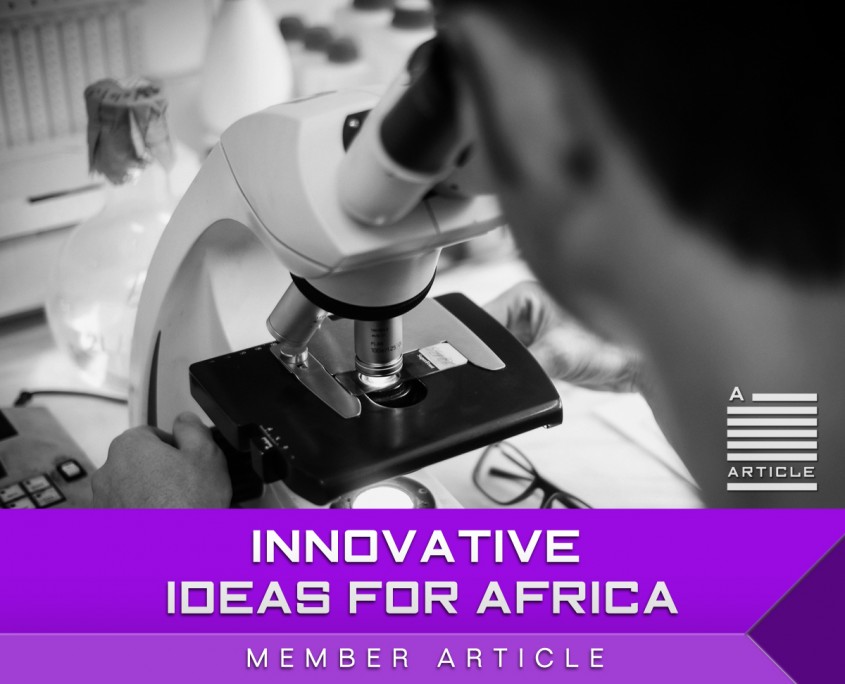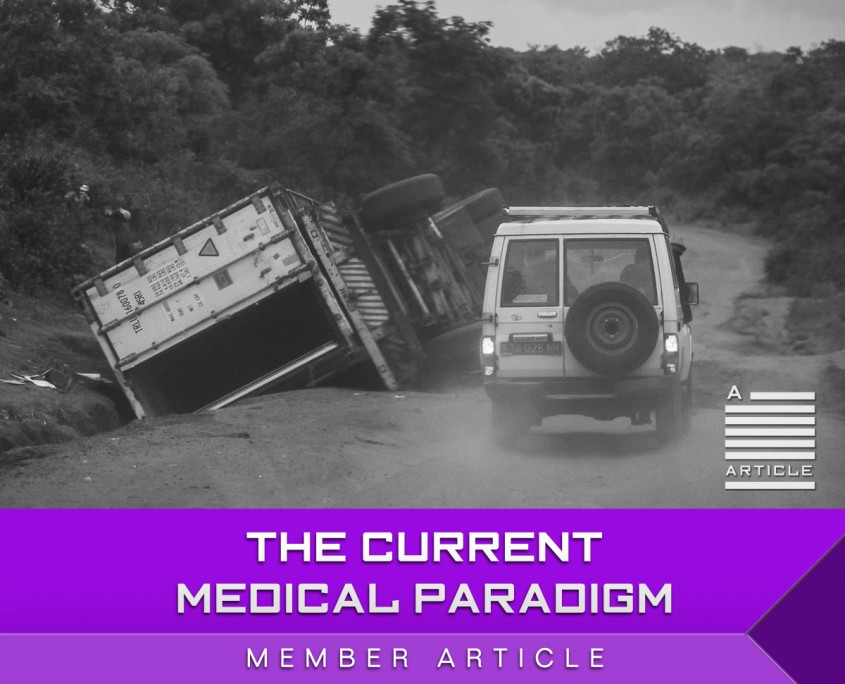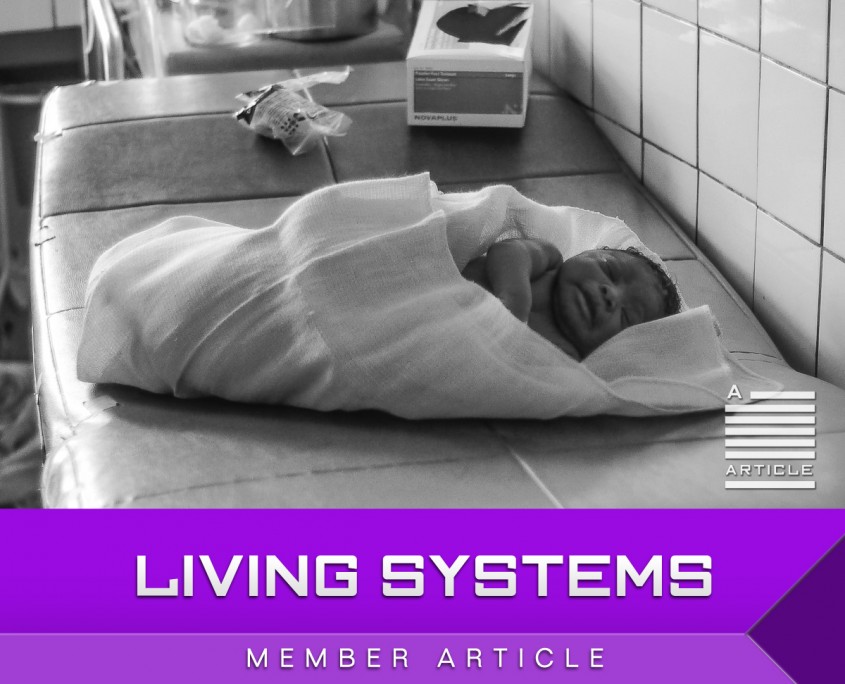INNOVATIVE IDEAS FOR AFRICA
Alternative Treatments For Malaria
by Dr. Klaus Schustereder
Any new approach in medicine needs a solid scientific base. But what is science? I define science as a systematic evaluation and collection of knowledge, and not limited to paradigms. Purely empirical research has its place as well as research done in a laboratory. Methodology is the key element in order to produce reliable data.
From 2005 – 2007 as I was working in Central African Republic in a government hospital in the north-east of the country where I become more open regarding unconventional treatments. This change in attitude was mainly due to lack off medication in the country.
Working in Central Africa Republic is very different from working in Europe. Life conditions are not comparable with the Western World. Cultures, laws, medical trainings and public health challenges are different. The intercultural experience made me more open minded and more creative for problem solving.
Our experience is that there are huge challenges when it comes to the development of health care policies in low income countries. The observations made are that the intercultural context and interdisciplinary work make the development of health care programs very complex.
We identified the following parameters as crucial for future health care programs. These parameters are:
- Effectiveness
- Non-Toxicity
- Sustainability
- Affordability
- They can be universally integrated independently into cultural contexts
Past research has been accomplished with the Ministry of Health of Central Africa Republic (CAR) and the Institute Pasteur (IP) in Bangui. Future cooperation is also planned with the National Laboratory of CAR in Bangui.
Since the genocide of 2012 and 2013 in Central African Republic, cooperation with partners on the ground is possible but difficult. Forces of the United Nations try to stabilize the country. Travelling in the country is only recommended with the use of convoys accompanied by forces of the United Nations. In the capital, like during our last journey in may/june 2015, fighting in some districts has persisted, making it difficult for our partners and us to do research. There are many reasons why research in CAR is not easy. One reason is that certain methodologies are difficult to apply, making the data obtained less reliable. The intercultural dialogue is challenging. The only way to obtain reliable data is to be in permanent contact with partners on the ground. The formal procedures with the authorities need to be respected. Surprisingly this was never a big challenge.






